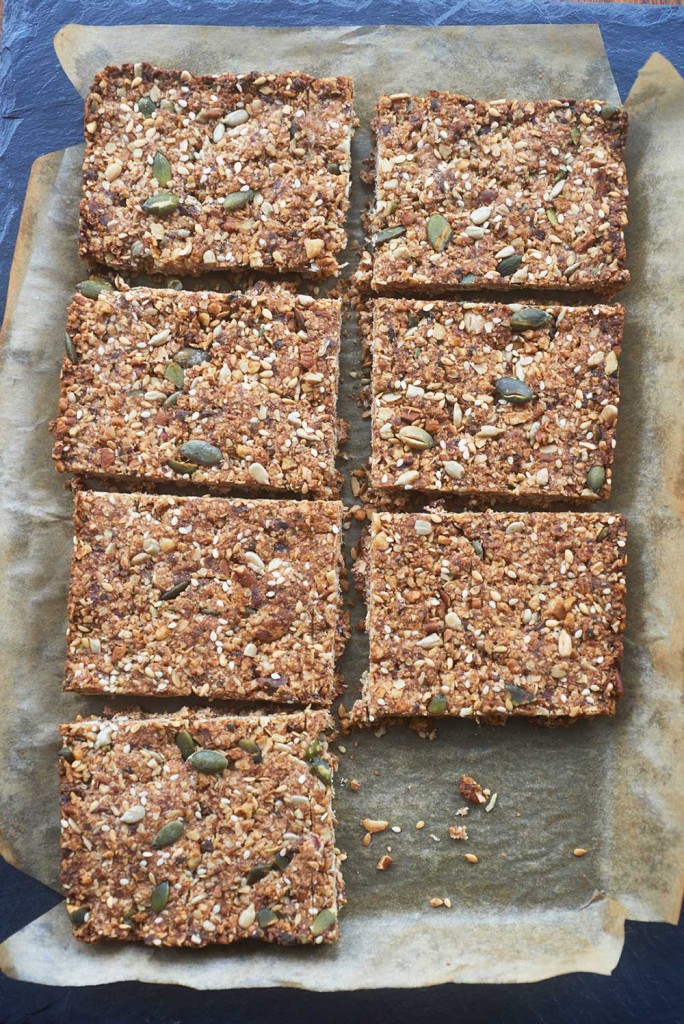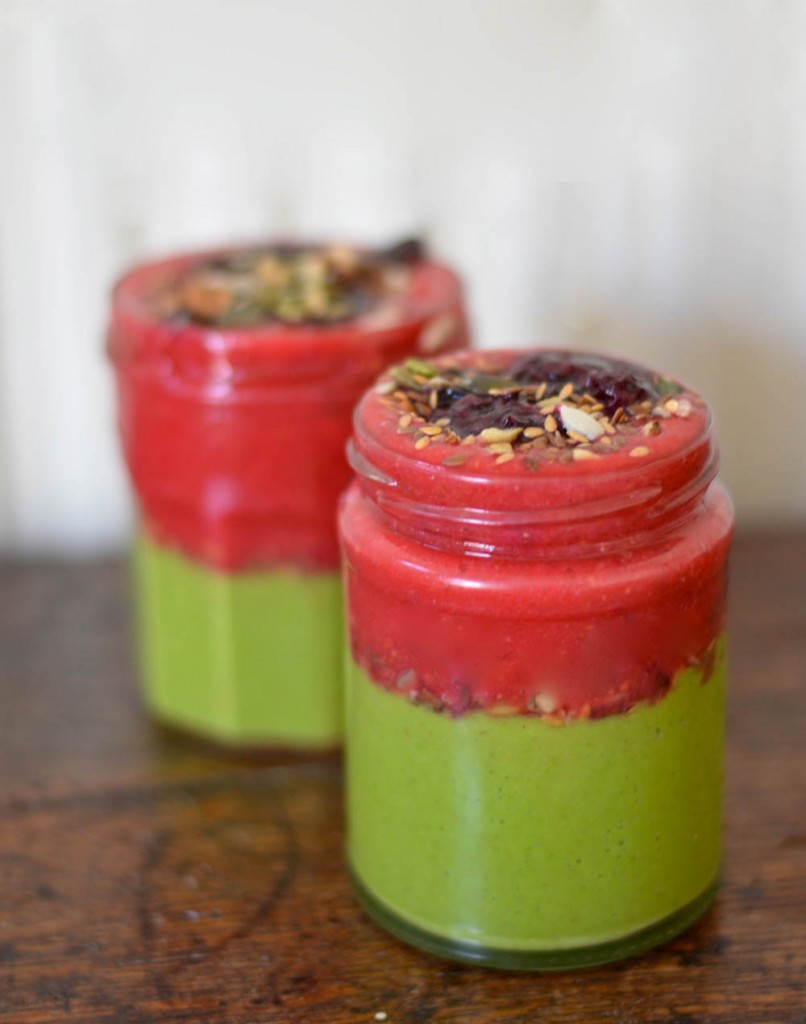A sugar-free diet is one excluding foods which contain added sugars, mostly found in processed foods and drinks. The aim is to eat whole, unprocessed and natural foods – this includes fruits and vegetables which have naturally occurring sugars.
Some people, the minority, also choose to avoid fruit and honey as they contain natural sugars. We believe consuming naturally occurring sugars is completely fine as part of a well-rounded, balanced diet, and so our featured sugar-free recipes are free from refined sugars and may contain naturally occurring sugars like honey, fruit, vegetables and natural sweeteners.
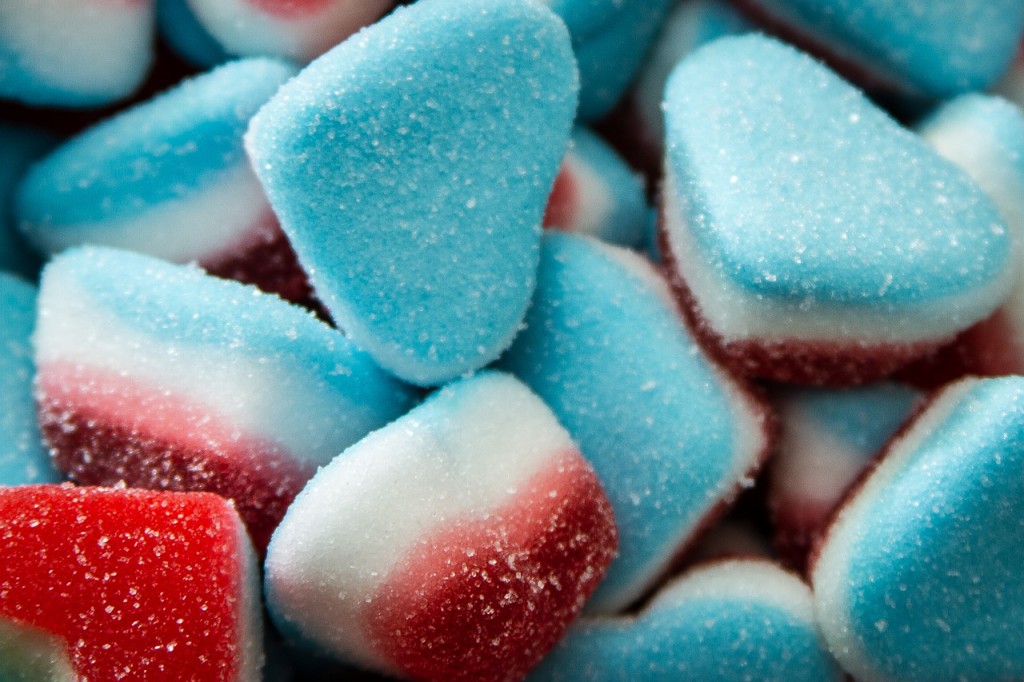
Why go sugar-free?
While some people suffer from a sucrose intolerance or diabetes, many people choose a refined sugar-free lifestyle in aid of health. Overconsumption of sugar is often linked by scientists and nutritionists to:
- Obesity
- Fatigue
- Increased risk of diabetes
- Premature ageing of the skin and body
Many people believe sugar has addictive properties, meaning we crave sugar’s short-lived high and keep consuming it again and again. Those who live sugar-free lifestyles may do so because they feel without it they are better off – without the temporary high of sugar they do not suffer any crashes. Cutting out sugar can lead to a life where you generally feel more energised.
What about sugar in fruit?
Sugar is naturally occurring in many foods, like fruit, but it is quite different than refined sugars. Fruit contains other nutrients which refined sugar does not, including important minerals and antioxidants. There is a significantly lower amount of sugar in fruit, and it is much more filling than fizzy drinks meaning that we will consume less.
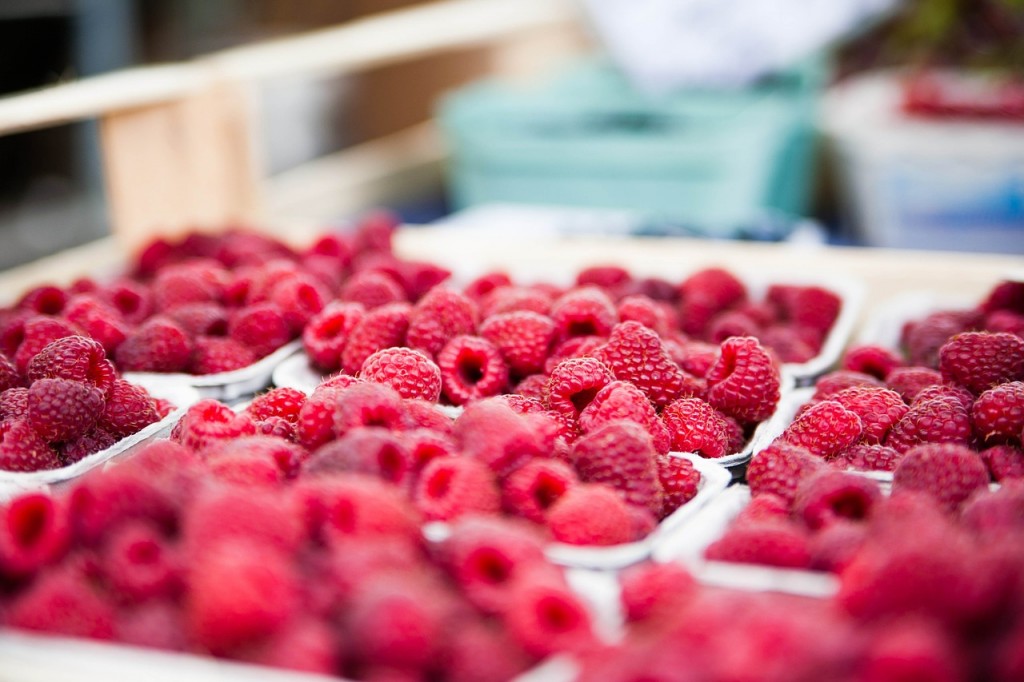
How can I find sugar on product labels?
Many prepackaged foods come with added sugar which may go unnoticed. Products like ketchup, mayonnaise, white flour and pasta are among some of the hidden-sugar culprits, making it hard for us to eat less sugar by only avoiding chocolate, sweets and cakes.
Sugar can appear on food labelling in many forms, including:
- sucrose
- glucose
- fructose
- maltose
- molasses
- hydrolysed starch
- invert sugar
- corn syrup
If you read sugar on the ingredients of any of your products, it has been added, and is not natural. Products without sugar in the ingredients may still contain sugar on the nutritional information – this means it is natural sugar, e.g. from fruits and vegetables.
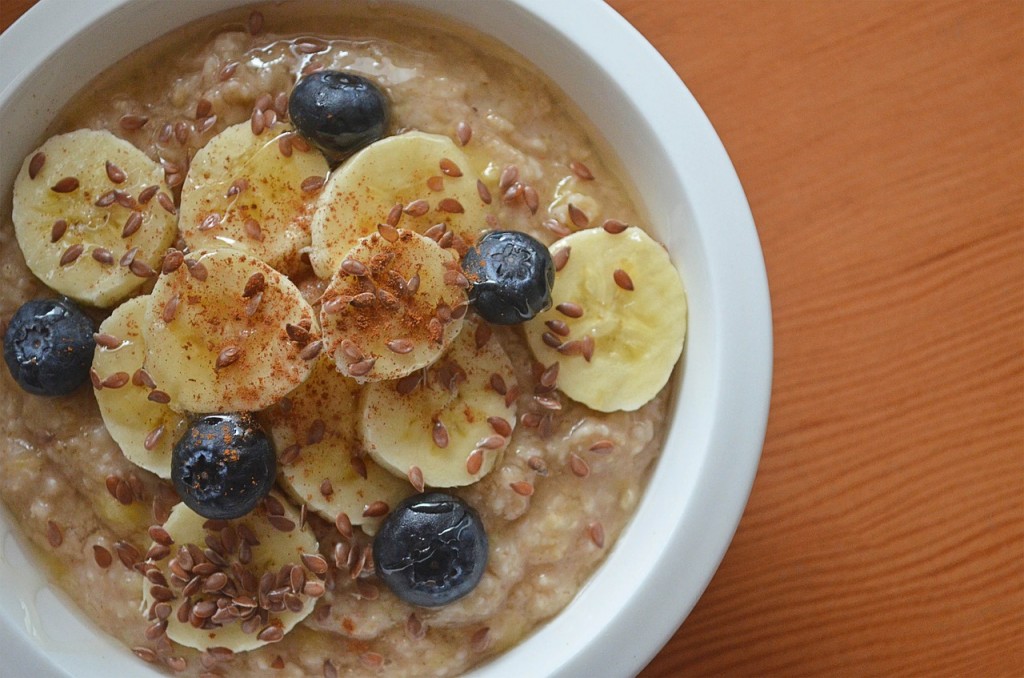
Natural sugar sources you can use in cooking include:
- Molasses (a byproduct of the refining of sugarcane or sugar beets into sugar)
- Dates
- Sweet potatoes
- Cinnamon
- Maple Syrup
- Honey
Remember, even though honey is a naturally occurring sugar, it is still a sugar with the same properties as refined sugar (glucose and fructose) and needs to be limited in your diet.
Natural sweeteners:
- Stevia (a sweetener and sugar substitute extracted from the leaves of the plant species Stevia rebaudiana)
- Xyltol (a substance derived from the fibres of plants, which is as sweet as conventional sugar yet contains only two thirds of the calories)
Looking for sugar-Free recipes?
Homemade Gluten-Free & Dairy-Free Granola Bars
Dairy-Free Smoothie Pot With Berry Coulis

